Metabolism

Serine/threonine kinase AMPK upregulates glucose uptake by promoting the expression and function of glucose transporters. AMPK is activated by increased AMP/ATP ratio, resulting from cellular and environmental stress, e.g. low glucose, heat shock, hypoxia and ischemia. AMPK activation positively modulates signaling transductions that refill ATP levels. Moreover, it also stimulates catabolic processes such as fatty acid oxidation and glycolysis through inhibition of ACC and activation of PFK2. AMPK negatively regulates various proteins which are important to ATP-consuming mechanisms, e.g. mTORC2, glycogen synthase, SREBP-1, and TSC2, causing the downregulation/inhibition of gluconeogenesis and glycogen, lipid and protein synthesis.
-
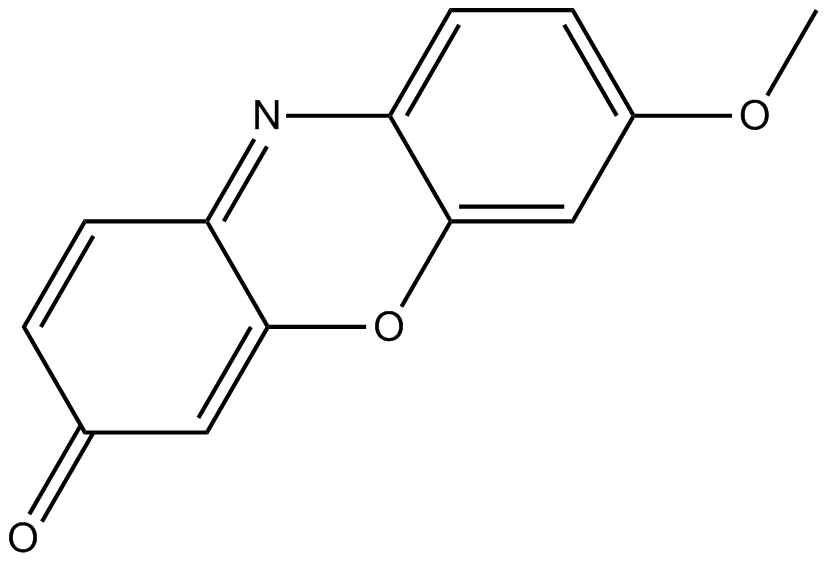 B5723 MethoxyresorufinSummary: fluorometric substrate of cytochrome P450
B5723 MethoxyresorufinSummary: fluorometric substrate of cytochrome P450 -
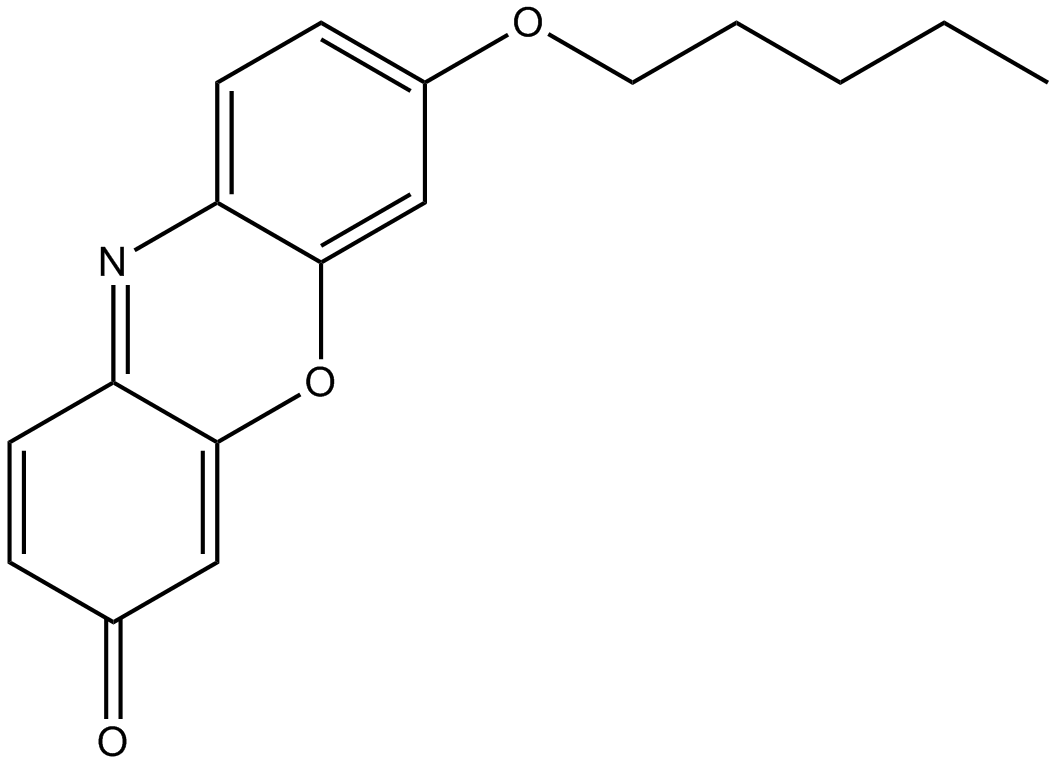 B5724 PentoxyresorufinSummary: fluorometric cytochrome P450 substrate
B5724 PentoxyresorufinSummary: fluorometric cytochrome P450 substrate -
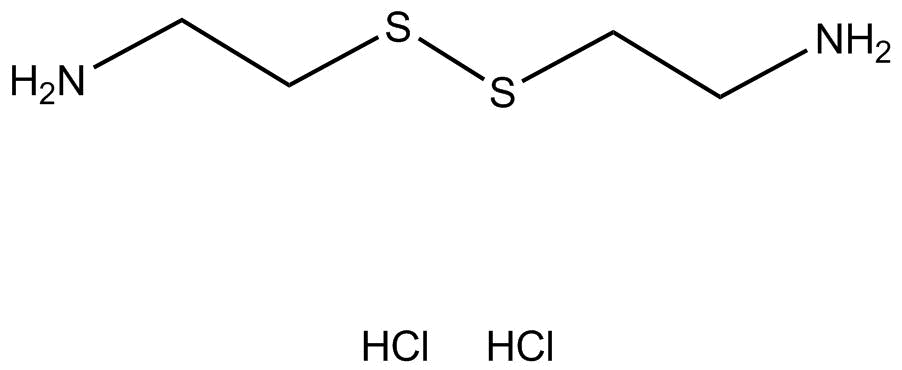 B5785 Cystamine dihydrochlorideSummary: transglutaminase inhibitor
B5785 Cystamine dihydrochlorideSummary: transglutaminase inhibitor -
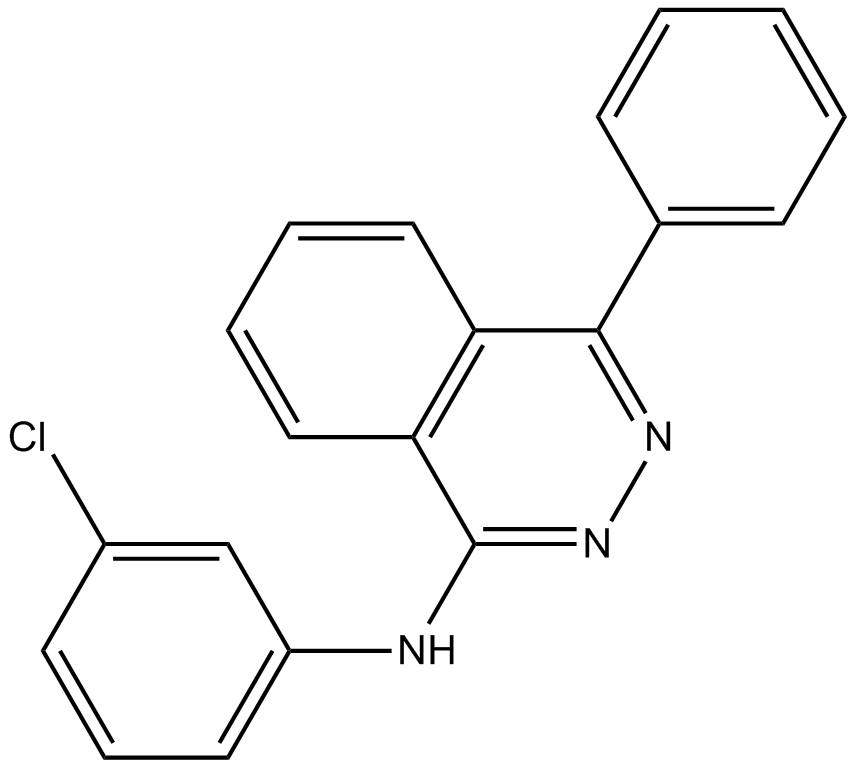 B6301 MY-5445Summary: PDE5 inhibitor
B6301 MY-5445Summary: PDE5 inhibitor -
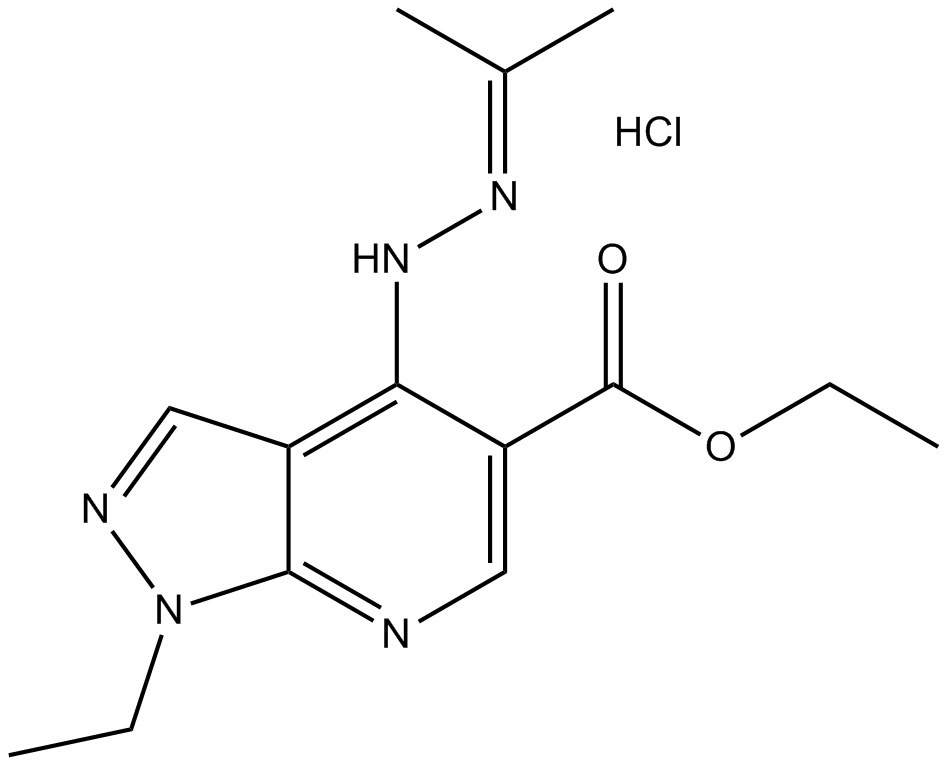 B6304 Etazolate hydrochloride2 CitationTarget: Phosphodiesterases (PDEs)Summary: PDE-4 inhibitor and selective GABA-A receptor modulator
B6304 Etazolate hydrochloride2 CitationTarget: Phosphodiesterases (PDEs)Summary: PDE-4 inhibitor and selective GABA-A receptor modulator -
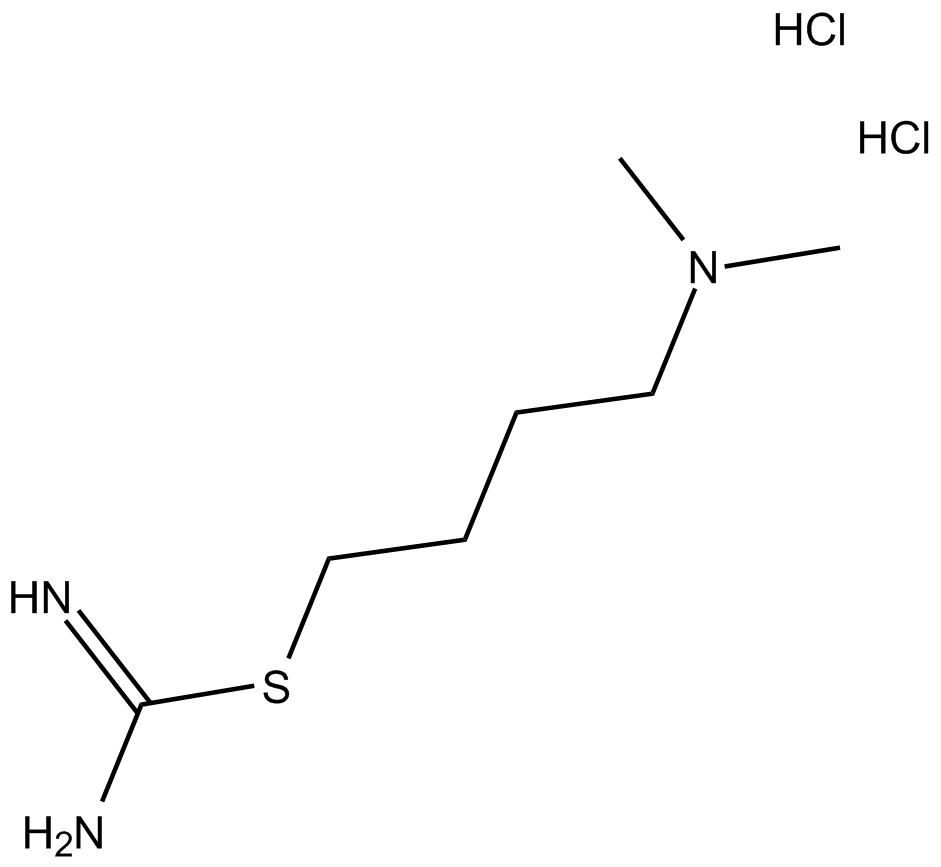 B6331 SKF 91488 dihydrochlorideSummary: histamine N-methyltransferase inhibitor
B6331 SKF 91488 dihydrochlorideSummary: histamine N-methyltransferase inhibitor -
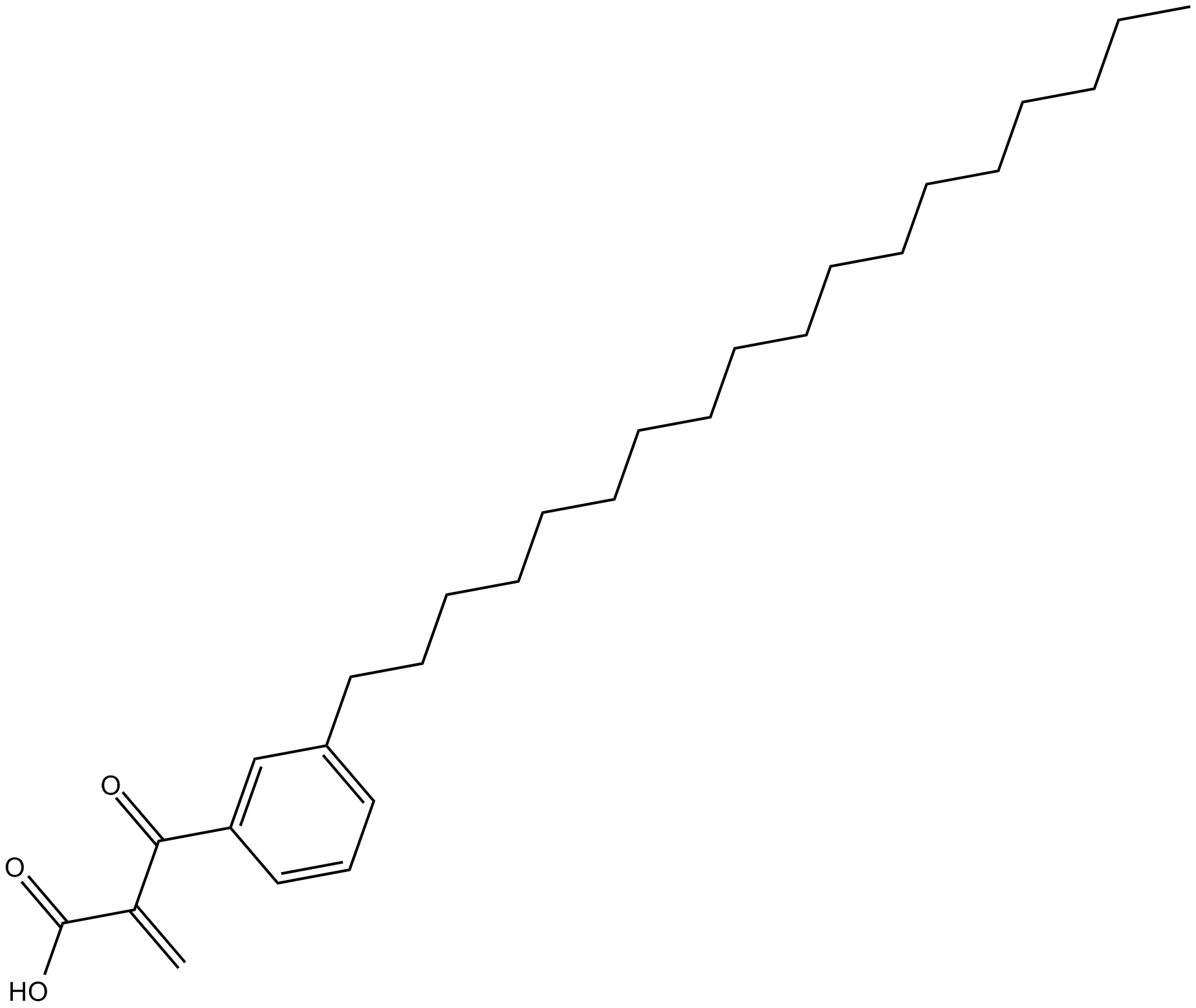 B6372 OBAASummary: phospholipase A2 inhibitor
B6372 OBAASummary: phospholipase A2 inhibitor -
 B6500 Cilostamide1 CitationSummary: type III phosphodiesterase (PDE3) inhibitor
B6500 Cilostamide1 CitationSummary: type III phosphodiesterase (PDE3) inhibitor -
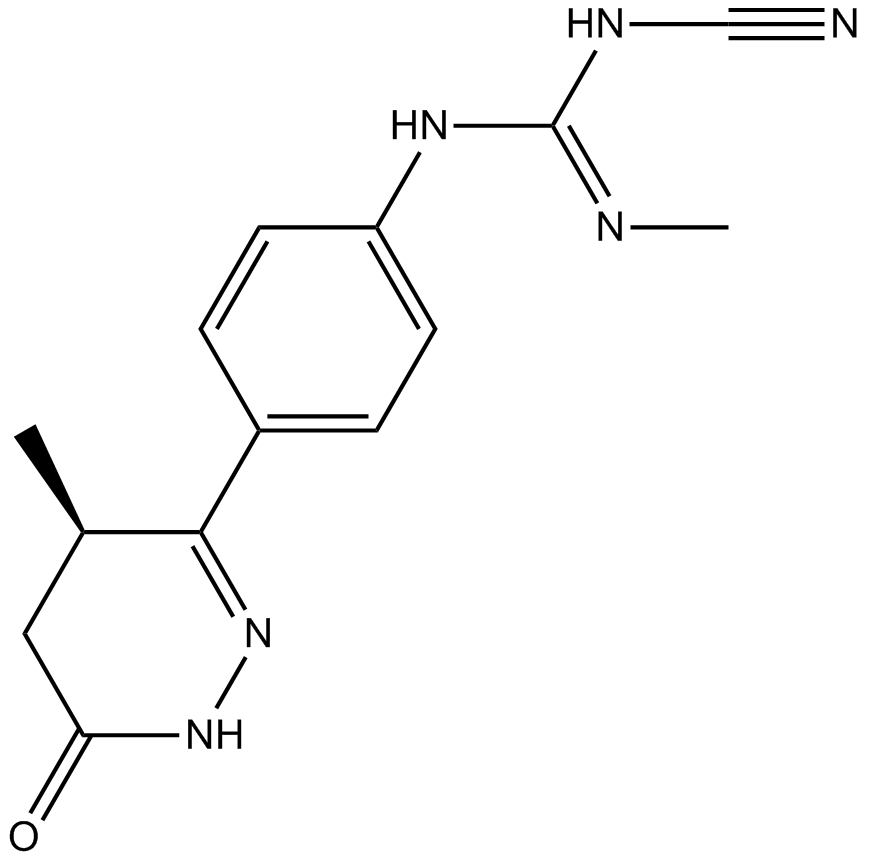 B6617 SiguazodanSummary: PDE3 inhibitor
B6617 SiguazodanSummary: PDE3 inhibitor -
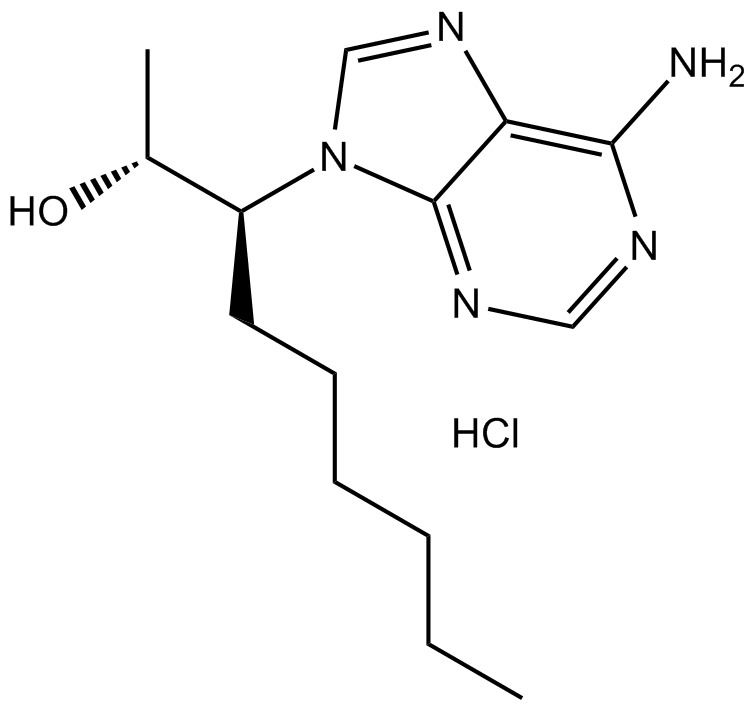 B6662 EHNA hydrochlorideSummary: cGMP-stimulated phosphodiesterase (PDE2) and adenosine deaminase inhibitor
B6662 EHNA hydrochlorideSummary: cGMP-stimulated phosphodiesterase (PDE2) and adenosine deaminase inhibitor

